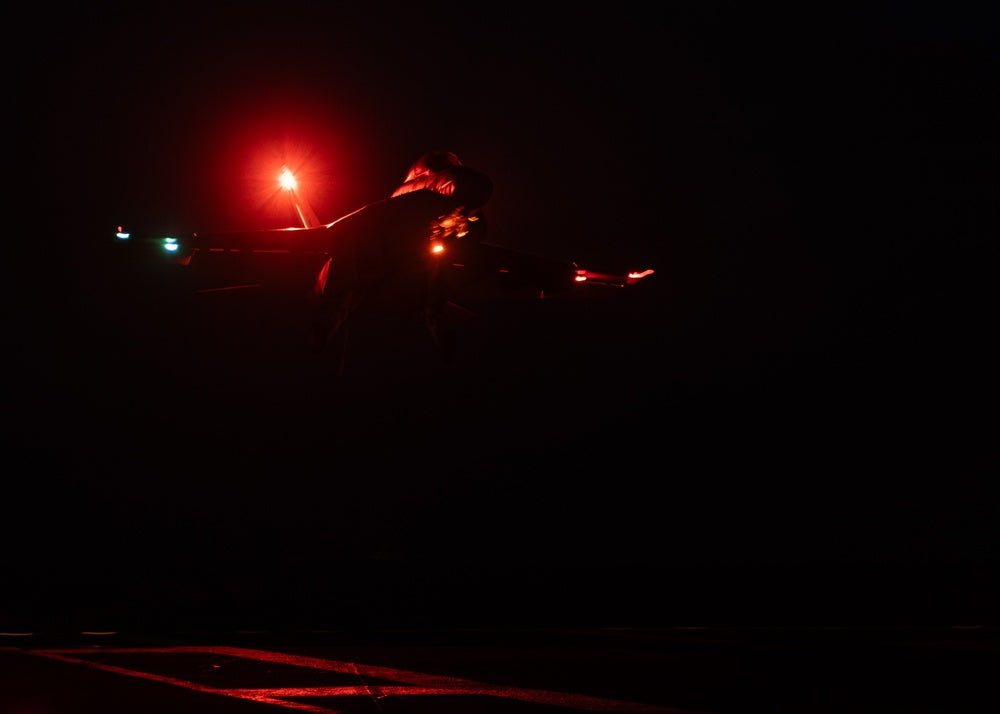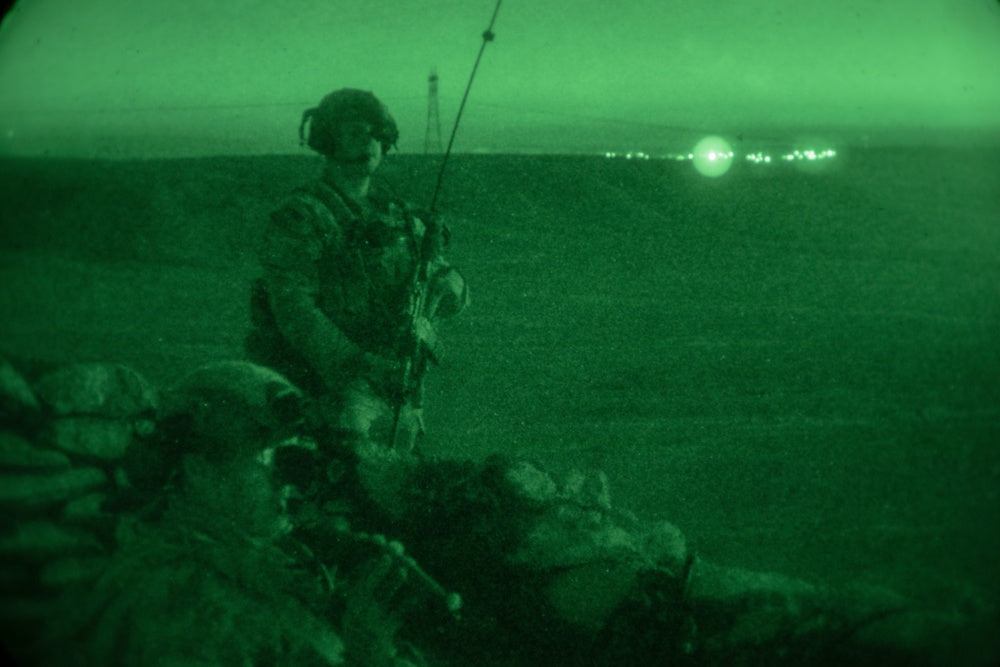
US to send more warships, fighter jets to Middle East
PHOTO CAPTION: Illustrative photo — An F/A-18E Super Hornet lands on the flight deck of the Nimitz-class aircraft carrier USS Harry S. Truman (CVN 75), Norfolk, V.A., July 30, 2024. (U.S. Navy Photo by Mass Communication Specialist 2nd Class Hunter Day via U.S. Defense Visual Information Distribution Service)
By Phil Stewart and Idrees Ali
WASHINGTON (Reuters) -The U.S. military will deploy additional fighter jets and Navy warships to the Middle East, the Pentagon said on Friday, as Washington seeks to bolster defenses following threats from Iran and its allies Hamas and Hezbollah.
The U.S. is bracing for Iran to make good on its vow to respond to the killing of Hamas leader Ismail Haniyeh two days ago in Tehran - one in a series of killings of senior figures in the Palestinian militant group as the war between Israel and Hamas in Gaza rages.
U.S. Defense Secretary Lloyd Austin had approved sending additional Navy cruisers and destroyers-- which can shoot down ballistic missiles-- to the Middle East and Europe.
It is also sending an additional squadron of fighter jets to the Middle East.
"Austin has ordered adjustments to U.S. military posture designed to improve U.S. force protection, to increase support for the defense of Israel, and to ensure the United States is prepared to respond to various contingencies," the Pentagon said in a statement.
There had been speculation that the Pentagon might not replace the USS Theodore Roosevelt carrier strike group in the Middle East once it completed its ongoing deployment. But Austin decided to rotate in the USS Abraham Lincoln Carrier strike group to replace it.
The Pentagon statement added it would increase readiness to deploy more land-based ballistic missile defenses.
The U.S. military also intensified deployments prior to April 13, when Iran launched an attack on Israeli territory with drones and missiles. Still, the threat from Hezbollah in Lebanon could present unique challenges to any efforts by the United States to intercept drones and missiles given the group's vast arsenal and immediate proximity to Israel.
At the time, Israel successfully knocked down almost all of the roughly 300 drones and missiles with the help of the United States and other allies.
Biden, in a phone call on Thursday with Netanyahu, discussed new U.S. defensive military deployments to support Israel against threats such as missiles and drones, the White House said.
Iran and Hamas have both accused Israel of carrying out the killing and have pledged to retaliate against their foe. Israel has not claimed responsibility for the death nor denied it.
Haniyeh's death was one in a series of killings of senior Hamas figures as the war in Gaza between Hamas and Israel nears its 11th month and concern grows that the conflict is spreading across the Middle East.
Earlier, Pentagon spokesperson Sabrina Singh said the U.S. did not believe escalation was inevitable.
"I think we are being very direct in our messaging that certainly we don't want to see heightened tensions and we do believe there is an off ramp here and that is that ceasefire deal," Singh said.
An Israeli delegation will travel to Cairo in coming days for negotiations to reach a Gaza ceasefire and hostage release deal, Prime Minister Benjamin Netanyahu's office said on Friday.
(Reporting by Phil Stewart and Idrees Ali; editing by Diane Craft and David Gregorio)









